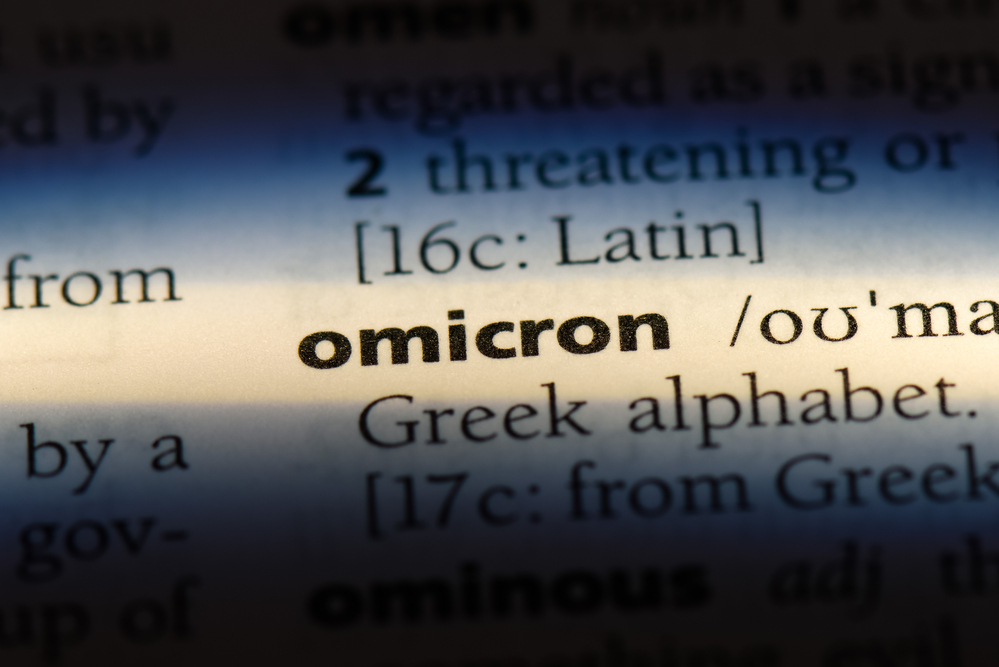
On Friday, the WHO said the number of cases of this variant, initially named B.1.1.529, appeared to be increasing in almost all of South Africa’s provinces.
“This variant has a large number of mutations, some of which are concerning,” the UN public health body said in a statement.
It said “the first known confirmed B.1.1.529 infection was from a specimen collected on 9 November”.
The WHO said it would take a few weeks to understand the impact of the new variant, as scientists worked to determine how transmissible it was…
A top UK health official warned that vaccines would “almost certainly” be less effective against the new variant.
But Professor James Naismith, a structural biologist from the University of Oxford, added: “It is bad news but it’s not doomsday.”
He said mutations in the variant suggested it may spread more quickly – but transmissibility “is not just as simple as ‘this amino acid does this'” and was determined by how mutations worked together.
Only about 24% of South Africa’s population is fully vaccinated, which could spur a rapid spread of cases there, Dr Mike Tildesley, a member of the Scientific Pandemic Influenza Modelling group (Spi-M), told the BBC on Friday.
Source: https://www.bbc.com/news/world-59438723

